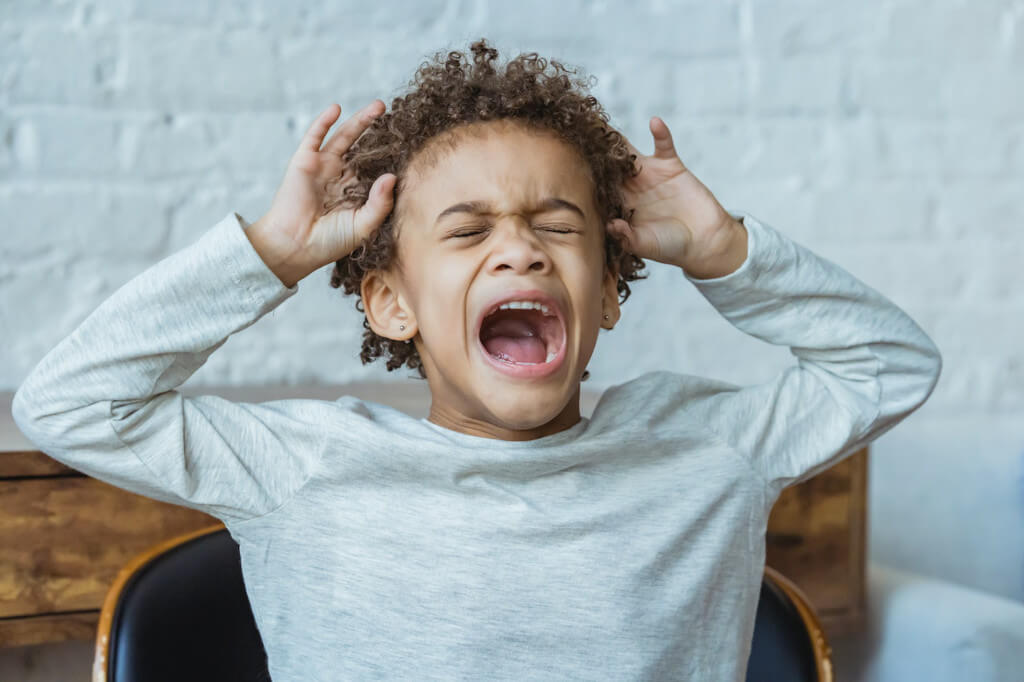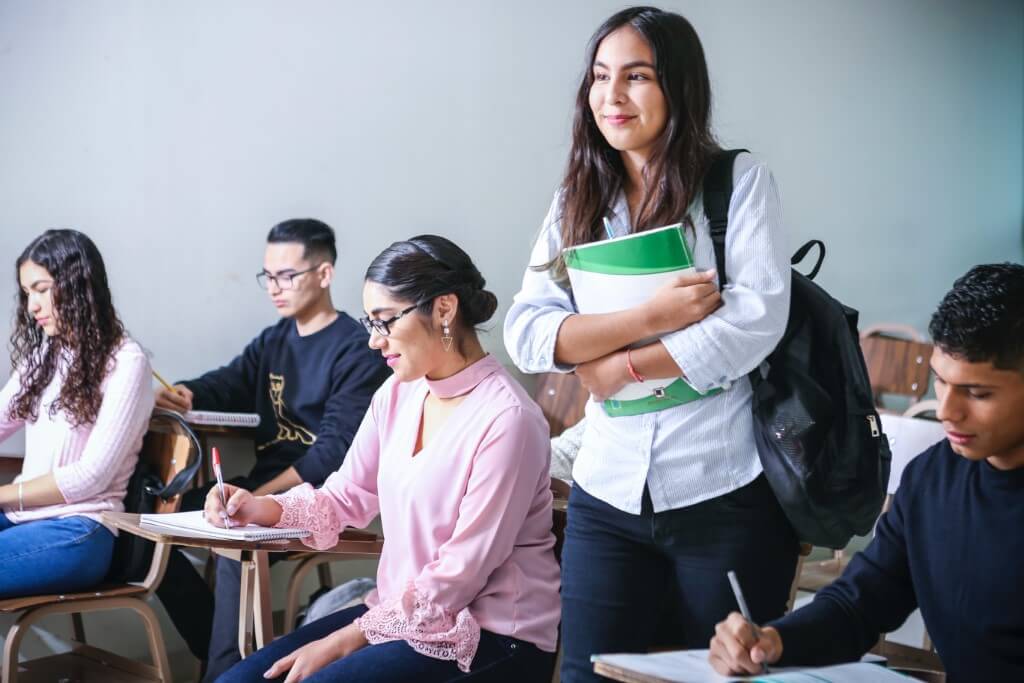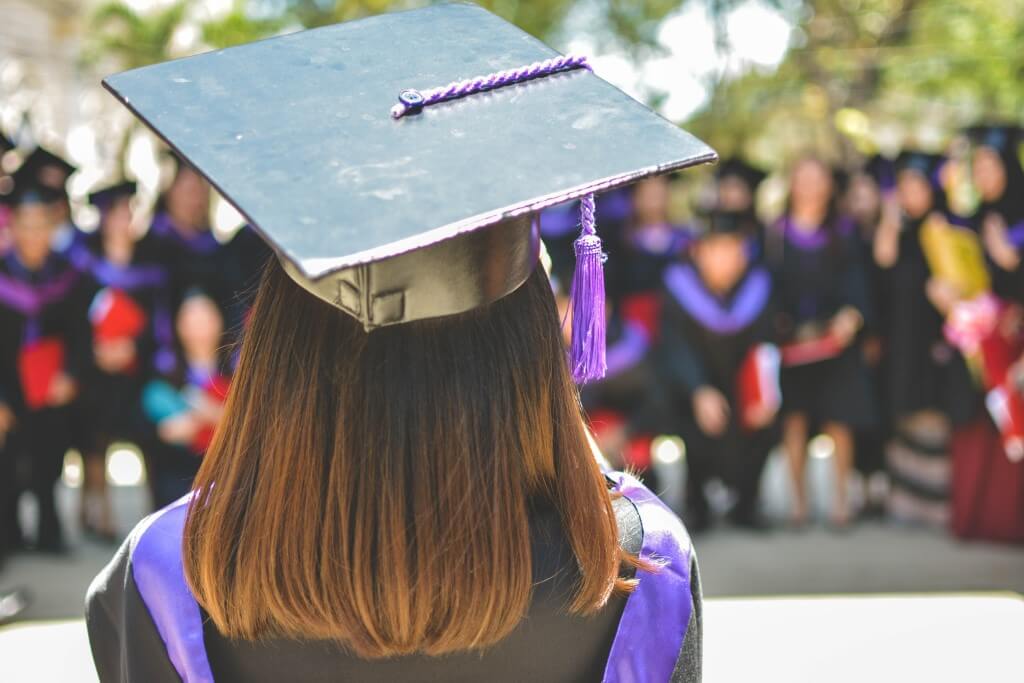In a variety of different ways, COVID has made an indelible mark on the field of education. Backlogs, postponements, and an increase in the complexity of university admission will continue to be felt in the future; stress and depression are at an all-time high.
But the COVID outbreak has also provided teachers with an opportunity to reconsider how they approach their work in the classroom. Because of the knowledge of lockdowns and social distancing, as well as the advantages provided by technology more creatively, educational institutions such as universities and colleges can view the pandemic as an opportunity to recalculate their systems, procedures, and their overall educational ethos.
Often, experiences will tell you not simply what is prevalent but also what is absent and why whatever is lacking is necessary. The importance of one’s well-being as well as one’s relationships with other people is one of the most important things that can be learned from COVID. It became abundantly clear to the pupils, educators, parents, and admin staff that mutual trust, emotional connection, community, and involvement were all crucial through the process of confinement and distancing.
Learning is not an exercise that is dry and technical. It is both a psychological and sociological phenomenon. Psychologists have been aware of this fact for a considerable amount of time.
Discipline for Children
After the COVID announcement, there has been an increase in the number of reports that detail severe disciplinary problems in schools. Schools across the United States are disclosing an increase in the number of fights, acts of vandalism, and disruptive behavior, which is prompting teachers to leave their jobs. A further increase in the number of serious disciplinary issues in South Africa has occurred, including cases of harassment, verbal harassment, direct assaults, coercion, and even stabbings. According to the specialists, the number of cases following the COVID outbreak is higher than it was in the past.
Many schools have persevered through COVID, and it appears as though we are on the verge of breaking through to the other side. We’ve witnessed student anxiety, learning gaps, and disciplinary problems emerge as a result of how young people are reacting to what has been a global traumatic event. However, whenever we discuss discipline, there are a few universal principles that always come to the forefront and ought to be taken into consideration.
Educational psychologists are well aware that disciplinary problems have a connection to the home environment. Students benefit tremendously from optimistic parental behavior, daily routines (such as having dinner together as a family every night), and support networks (listening, having a conversation, and spending quality time together).
However, not all students have the support from their families that is necessary to provide complete emotional and psychological assistance.
Mentoring and One-on-one Conversations Are Also Available
We believe that teachers should make an effort to connect with their students on an individual level. Because the majority of educational institutions are large, it is common for individuals to get lost in the system. Every student should be aware that there is at least one reliable adult in the school building, and each teacher should be responsible for mentoring a predetermined number of pupils. The number of pupils who are guided by a single instructor is optimal when it is kept to a minimum.
Consolidating rapport and providing an outlet for any tensions that may be rising are both facilitated when every student is allowed to meet one-on-one with a teacher and discuss how things are going. At the beginning of each school year, pupils should gather with their teachers, and discuss several fundamental questions. This should apply to all educators; they should adopt the role of a coach during these conversations and pose thought-provoking queries such as the following:
- How have you been?
- Share your experience with me.
- About what would you wish to have a conversation?
- How are things going for you these days?
Students are given the opportunity to open up and express themselves through the use of these questions. Over time, they also make the relationships between the teaching staff and the students better. This is significant because it has been shown that individuals are less inclined to engage in antisocial behavior when they are in a group of individuals they know and trust, and this is especially true when those people hold positions of authority in the community.
A mentorship program that prioritizes building rapport with mentees and having meaningful discussions about their personal development is an excellent way to alleviate stress and improve overall health. It’s possible that this alone won’t be enough to eliminate disciplinary issues, but it does mean that pupils can be called to reason more rapidly. When it comes to restoring calm when it’s necessary, there is already a certain amount of social capital to work with. The pressure can be released through conversation with a trusted adult, which can serve as an alternative to resorting to physical conflict.
Reformation of Society
An education system is a miniature representation of the community that surrounds it. This doesn’t mean that we are powerless to affect societal change through educational institutions.
Schools are not only places where children can hear about the challenges of the grown-up world, but they are also safe havens where they can learn and develop without interference. It is important to recognize and express gratitude to the educators who, day in and day out, place themselves in harm’s way to serve this essential public good.
Schools have the potential to contribute to the development of a more peaceful society by emphasizing the importance of listening to one another and taking pride in the contributions of others.




